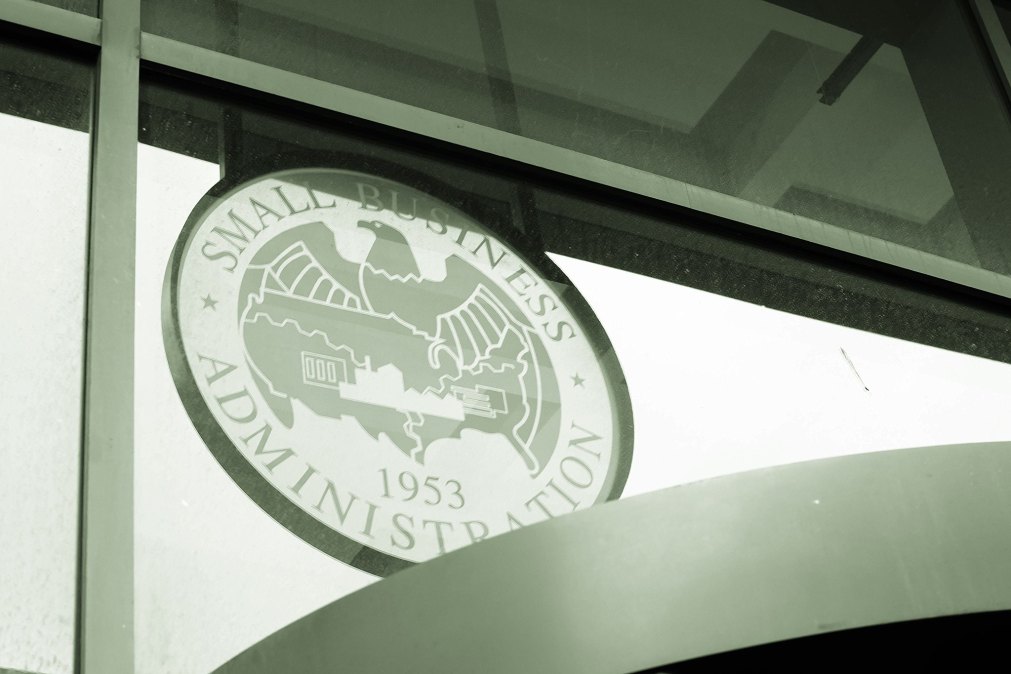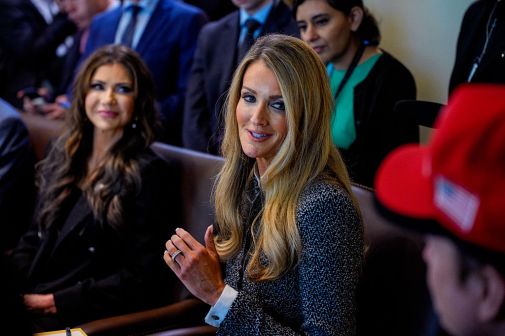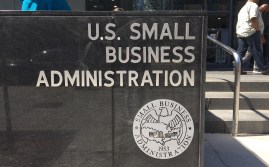Ultima Services asks court to bar SBA’s 8(a) program in the administrative, technical support industry

The plaintiff in a case that shook up the Small Business Administration’s federal contracting program for developing small disadvantaged businesses is asking the court to also enjoin that program’s use in the administrative and technical support industry, among other requests.
That request was part of the additional relief Ultima Services Corp. asked the U.S. District Court for the Eastern District of Tennessee to provide in a Friday motion. The court’s previous decision enjoined the use of a “rebuttable presumption” that certain business owners qualifying for the SBA’s 8(a) federal contracting program faced social disadvantage because of their race or ethnicity.
Ultima argued the court should grant the additional industry-specific relief “because Ultima is still suffering from the lingering effects of defendants’ discrimination.”
It also cited the Supreme Court’s ruling striking down the use of race in college admissions, arguing preventative measures are warranted to ensure the defendants, which include SBA, aren’t establishing the type of application essay program the court ruled unlawful for universities.
The motion is the latest in a case that threw the keystone SBA contracting program into uncertainty. The lawsuit began in 2020 when Ultima, a small business government contractor, filed a complaint alleging that the program’s rebuttable presumption was racially discriminatory. Ultima’s owner, Celeste Bennett, is a white woman and wasn’t eligible for the presumption. In court documents, Ultima claimed it lost out on opportunities for USDA’s Natural Resources Conservation Service to businesses in the program.
As a result of the court’s July injunction, the SBA temporarily paused new 8(a) applications and began requiring businesses in the program that relied on the rebuttable presumption to prove social disadvantage in a narrative detailing past discrimination before they can accept new contract awards.
In the new motion, Ultima said it “disagrees with Defendants’ interpretation of the existing injunction.”
In addition to seeking an injunction of the program’s use in its industry, Ultima also asked the court to prevent SBA from exercising contract options or making similar modifications to contracts with 8(a) businesses who relied on the rebuttable presumption, and “providing a shortened or less rigorous review of narratives of social disadvantage” than the agency did before the court’s injunction.
Ultima further asked the court to appoint someone to review the SBA’s certification for 8(a) participants who previously relied on the rebuttable presumption or make public the narratives those businesses now must submit for certification that explain their social disadvantage.
Until the requests for additional relief are resolved, Ultima requested the court to temporarily enjoin the defendants from taking actions on 8(a) contracts with businesses that relied on the rebuttable presumption, regardless of whether the SBA approved their new narrative.
The U.S. Department of Justice, which represents the government defendants (SBA and USDA), declined to comment. Michael Rosman, general counsel for the Center for Individual Rights who represents Ultima, didn’t respond to a request for comment.






